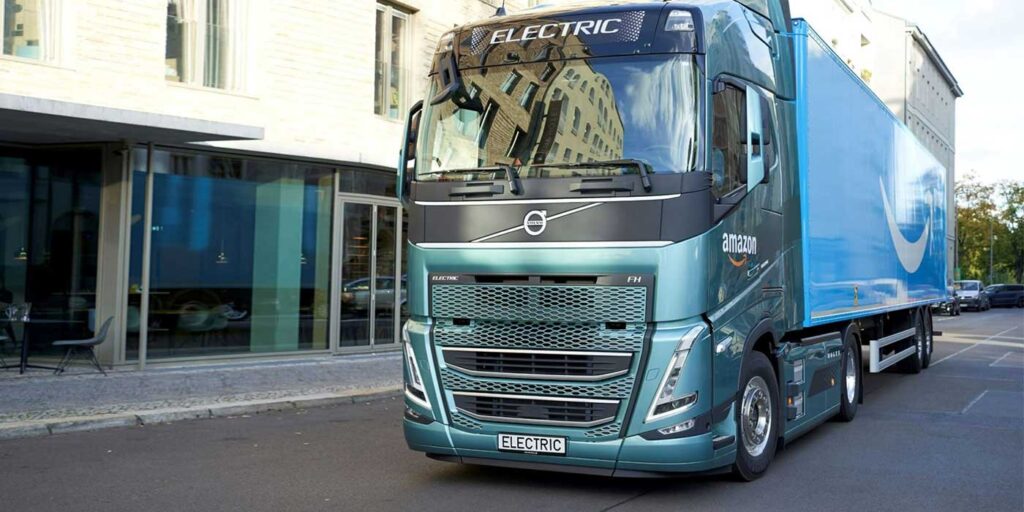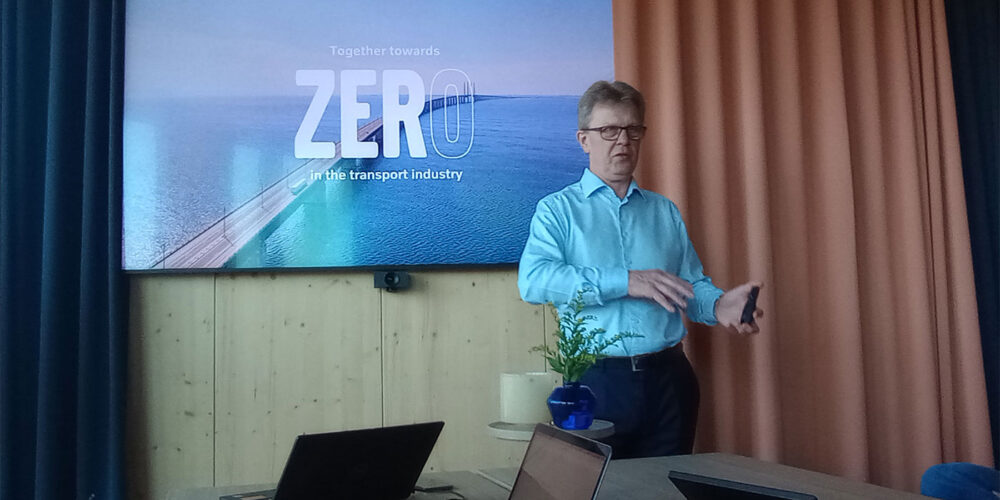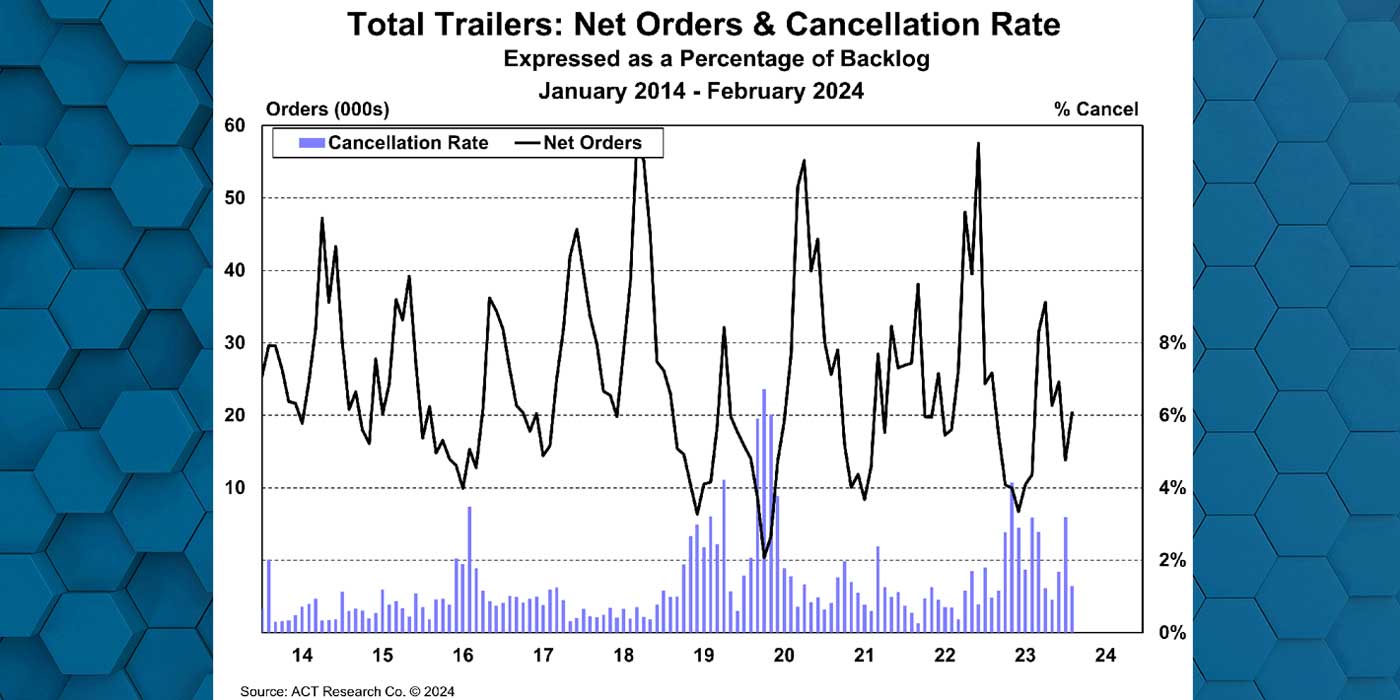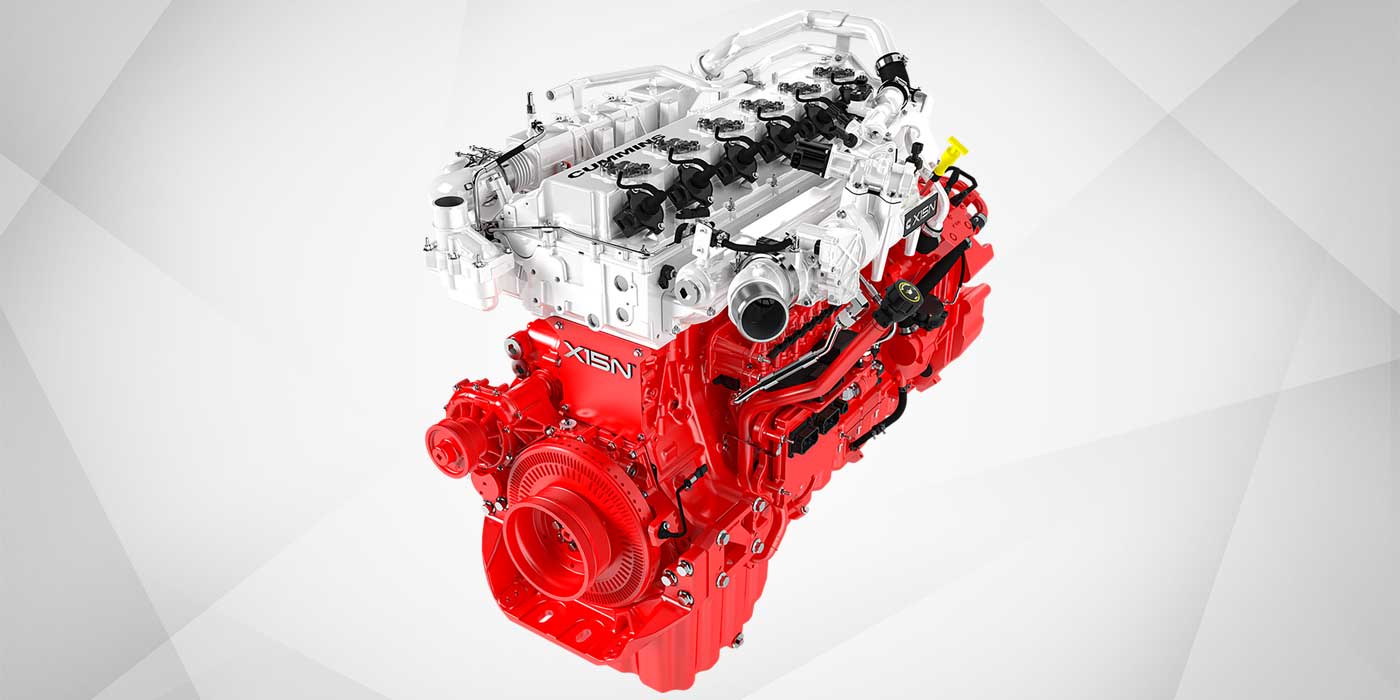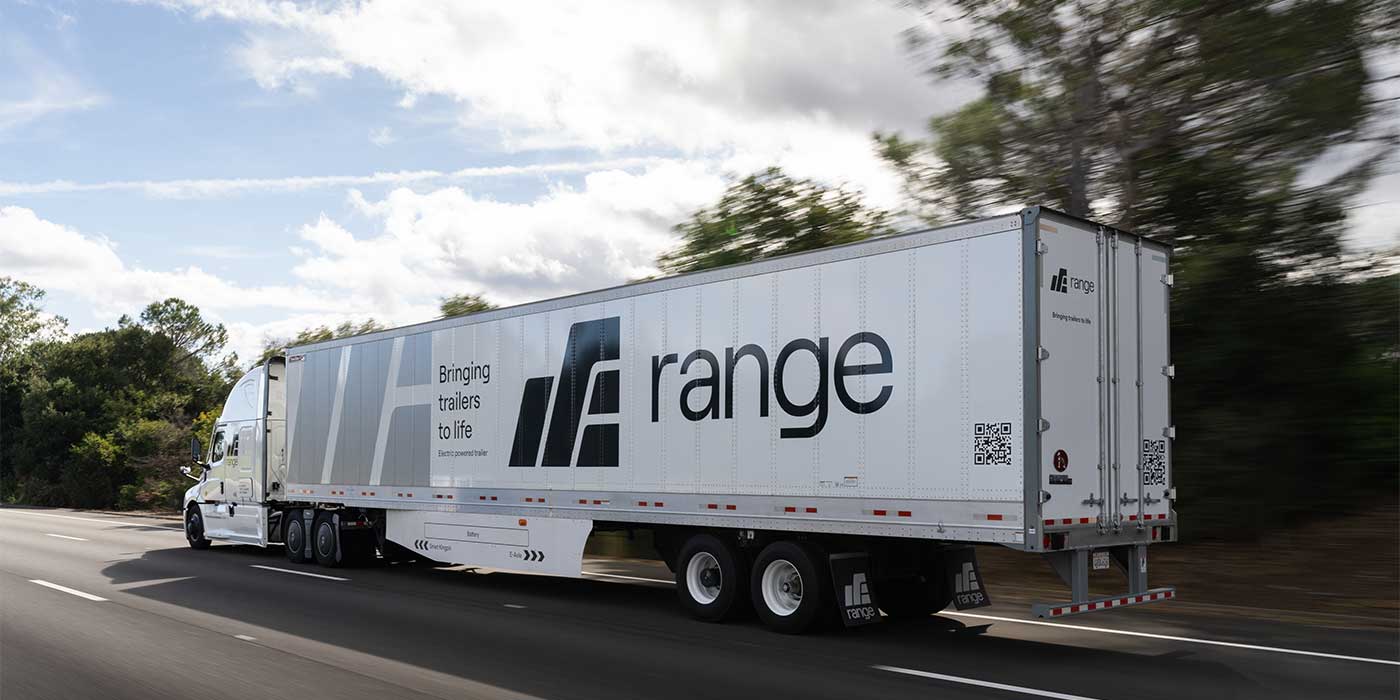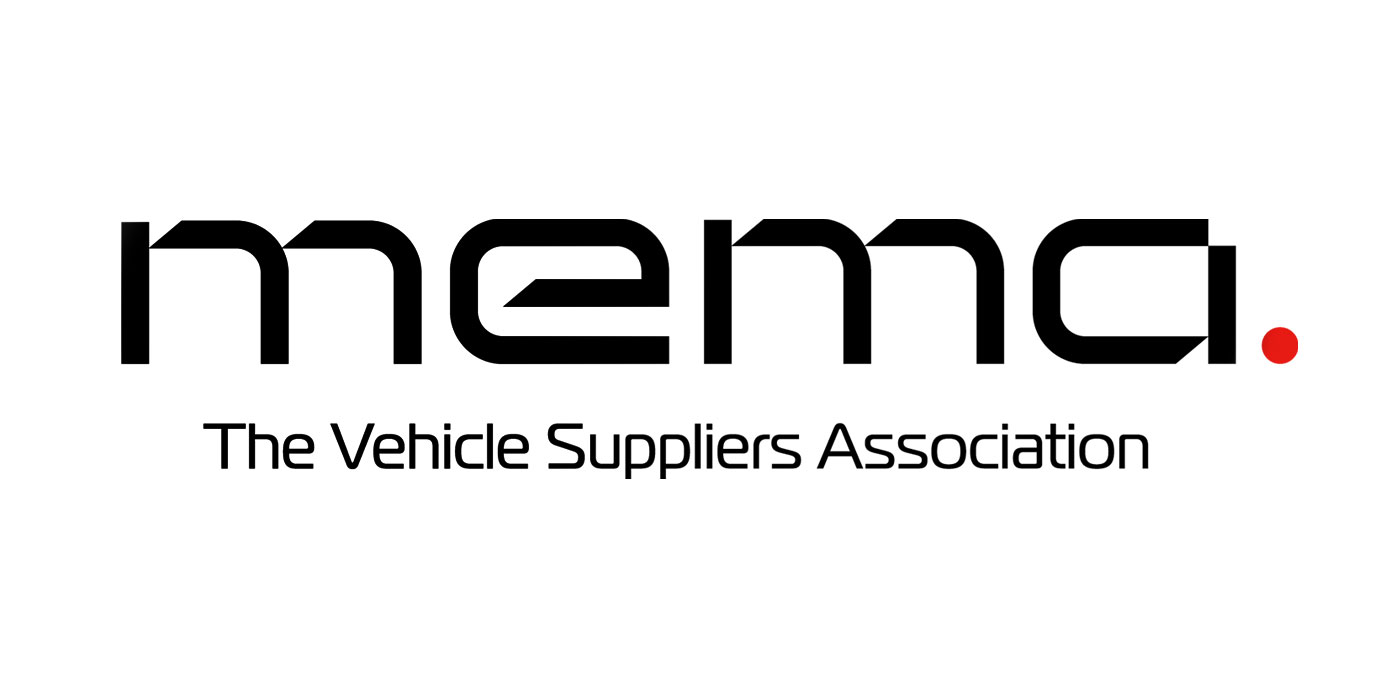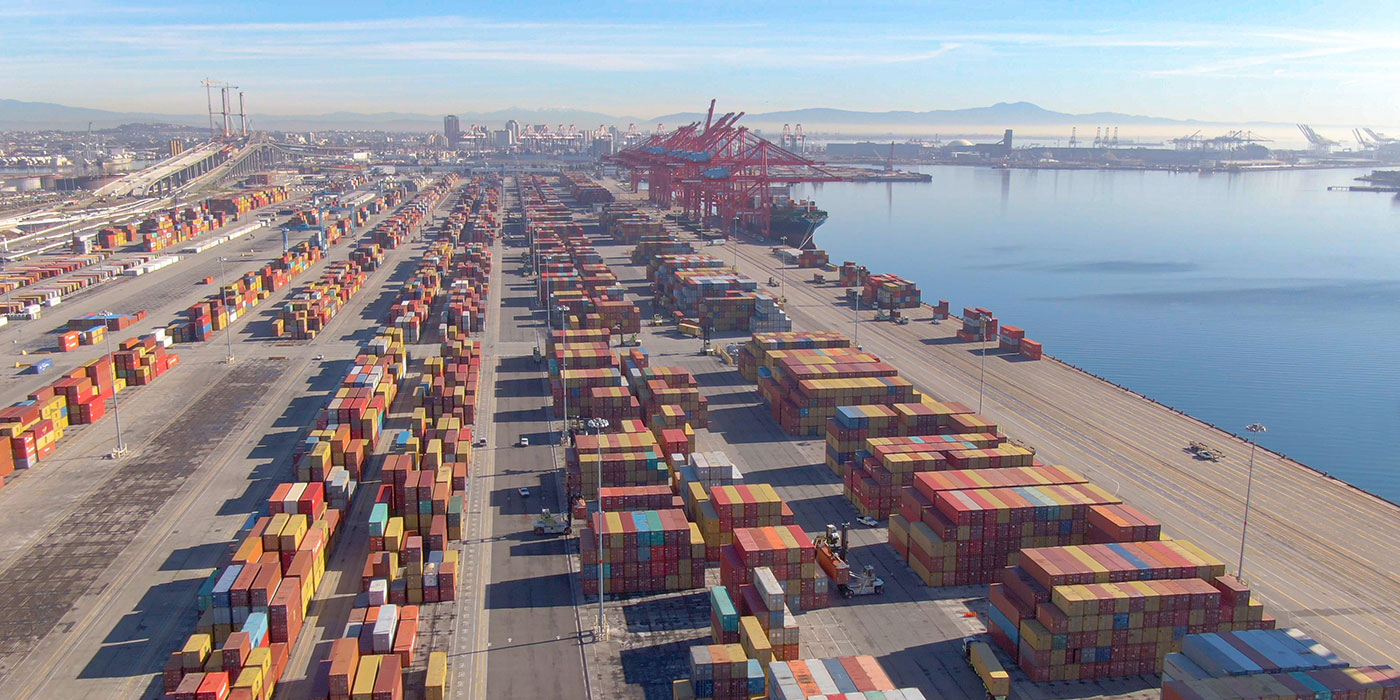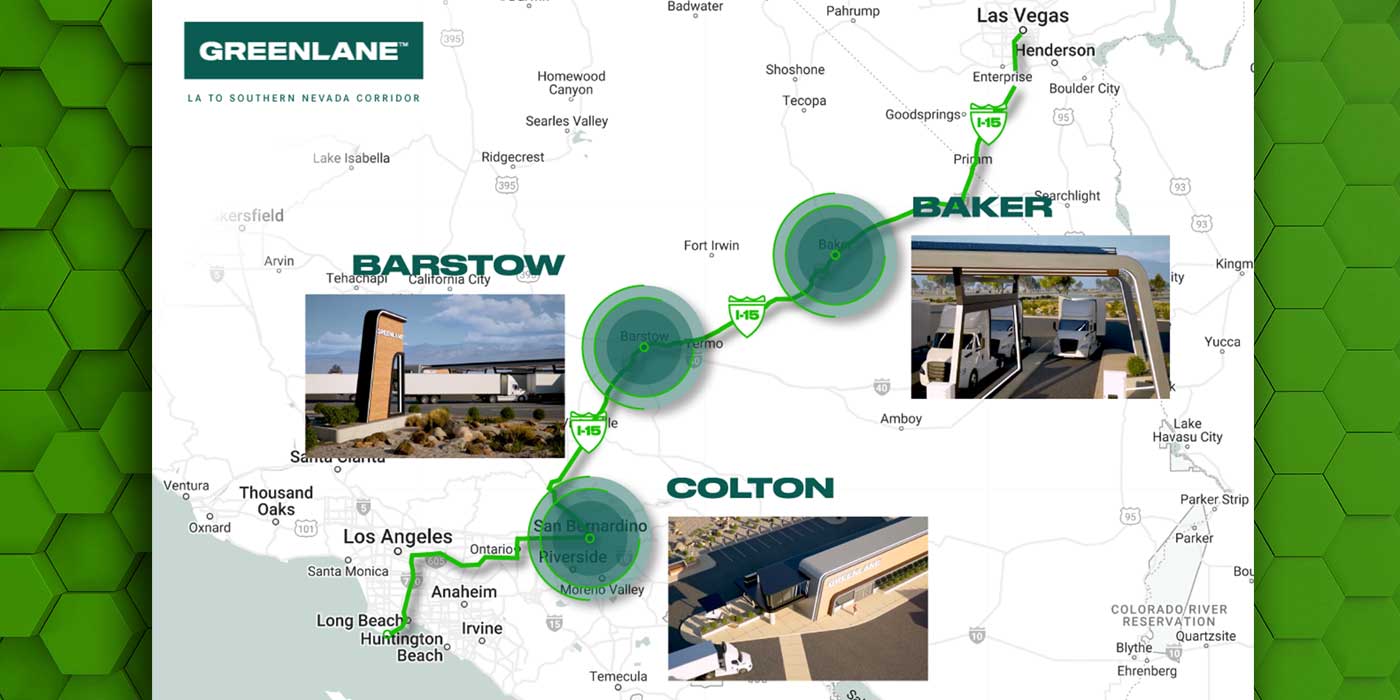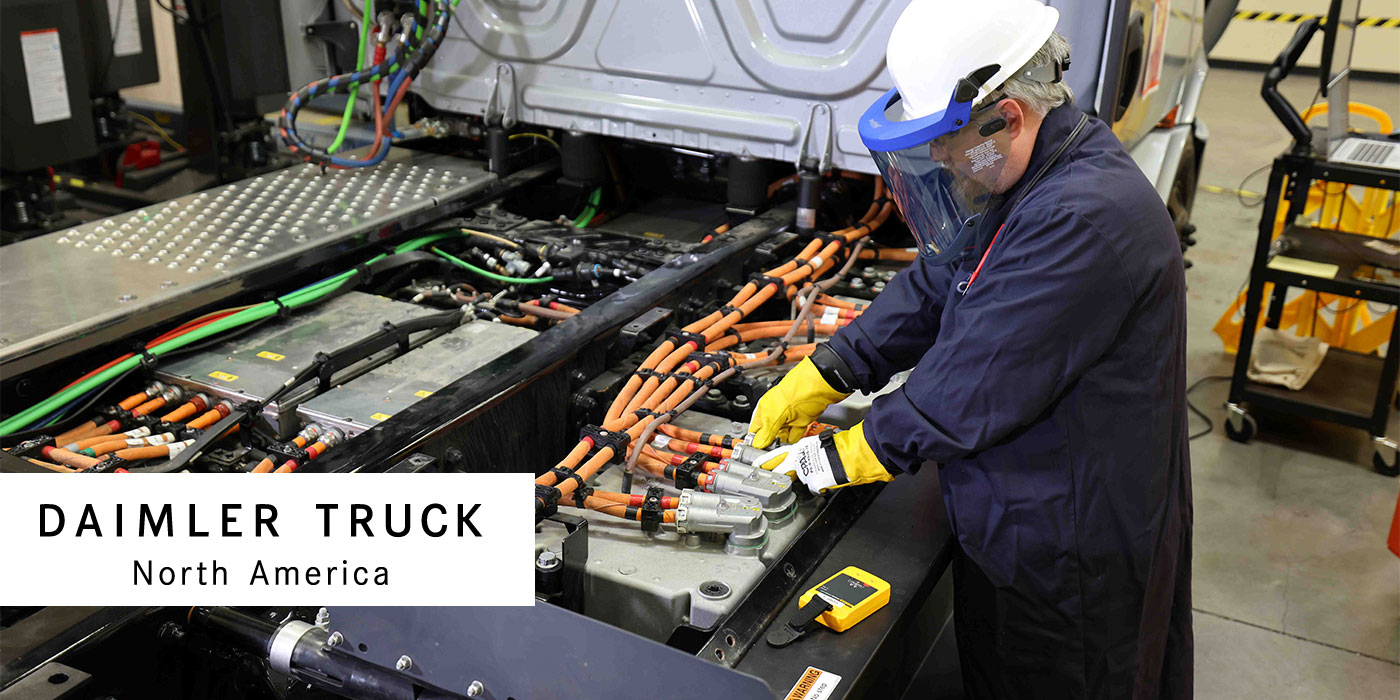Volvo has begun using fossil-free steel in its trucks. The first electric trucks with fossil-free steel are now being delivered to customers. In September this year, Volvo Trucks started series production of heavy-duty electric, 44-ton trucks, as the first global truck manufacturer to achieve this. Some of the electric trucks will also be the first trucks in the world that are built with fossil-free steel.
The fossil-free steel is produced by the Swedish steel manufacturer SSAB and is made by using a completely new technology with fossil-free electricity and hydrogen. The result is a significantly lower climate impact and an important step towards a net-zero emissions value chain. Among the customers that will have fossil-free steel in some of their electric trucks are Amazon and DFDS and, through the transport company Simon Loos, Unilever.
The first steel produced with hydrogen is being used in the electric truck’s frame rails, the backbone of the truck upon which all other main components are mounted. As the availability of fossil-free steel increases, it will also be introduced in other parts of the truck.
Today, around 30% of the materials in a new Volvo truck come from recycled materials. Also, up to 90% of the truck can be recycled at the end of its life. Fossil-free steel will be an important complement to the traditional and recycled steel used in Volvo’s trucks.

